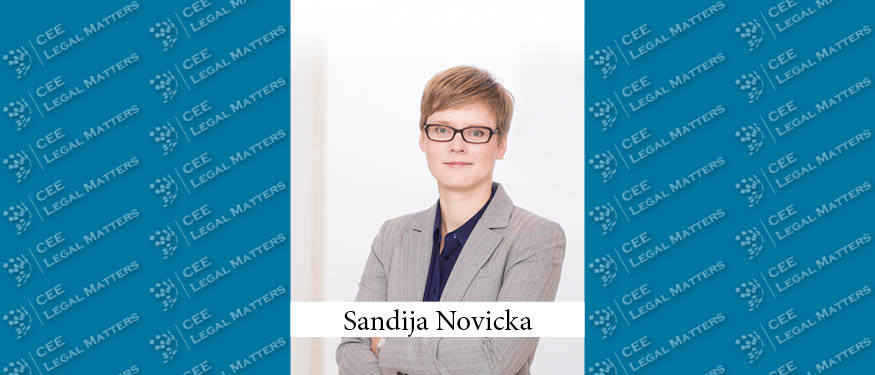As of January 1, 2023, new rules regulating exclusion grounds will be applicable in Latvian procurements. This comes after the Latvian Competition Council discovered a bid-rigging scheme in the construction sector involving almost all of the largest Latvian construction companies. Notably, the period of exclusion will be extended, and the commencement date will be brought forward.
The current rules only allow for the exclusion of candidates and bidders – due to participation in a horizontal cartel – for one year, once the decision of the Competition Council establishing such a cartel has become final. However, investigations by the Competition Council may take up to two years, and the process before the courts may last up to four years or more. Therefore, companies being investigated for participation in a cartel or challenging a decision of the Competition Council in court can still participate in procurements.
Under the new rules, the exclusion due to infringements of the Competition Act will be possible if:
First, bid rigging signs are detected in the procurement by the contracting entity and a confirmatory opinion of the Competition Council is received. Such an exclusion only applies with respect to that particular procurement;
Second, the company has been found guilty of a horizontal cartel by a decision of the Competition Council. This exclusion applies for three years from the date when the decision of the Competition Council is notified to the company, irrespective of whether the decision is appealed;
Third, the company has either (1) been found guilty of a horizontal cartel or (2) has been made liable for the payment of a fine for a horizontal cartel by a decision of the Competition Council. The exclusion applies for three years from the date when the respective decision has become final.
Contracting entities will also be allowed to require, in their tender rules, the exclusion due to “grave professional misconduct which renders the company’s ability to fulfill the contract in good faith questionable.” In such cases, an exclusion due to other breaches of the Competition Act (e.g., prohibited vertical agreements) might be possible as well, and it would apply for three years from the date when the decision of the Competition Council is notified to the company, irrespective of whether the decision is appealed in court.
In this way, the exclusion grounds related to competition law infringements will be greatly expanded. Paradoxically, insufficient competition may arise, in a cartelized sector, following an infringement decision, unless the self-cleaning procedure is used efficiently. The potential interplay between exclusion grounds under the second and third points raises questions about the compatibility of the Latvian rules with Directive 2014/24/EU and Directive 2014/25/EU.
According to the CJEU (see case C-124/17), the period of exclusion should not exceed three years from the date of the relevant event, which is the decision of the competent authority finding the infringement. The Latvian Procurement Office suggests that a company can be excluded for one and the same infringement under both the second and third points, i.e., during and after a judicial review of the infringement decision. In practice, this may mean that a company can be excluded from procurements for a period of up to six years – due to one and the same infringement – which is likely to be challenged by the affected undertakings as incompatible with EU law.
By Sandija Novicka, Partner and Head of Public Procurement, Cobalt
This article was originally published in Issue 9.12 of the CEE Legal Matters Magazine. If you would like to receive a hard copy of the magazine, you can subscribe here.














